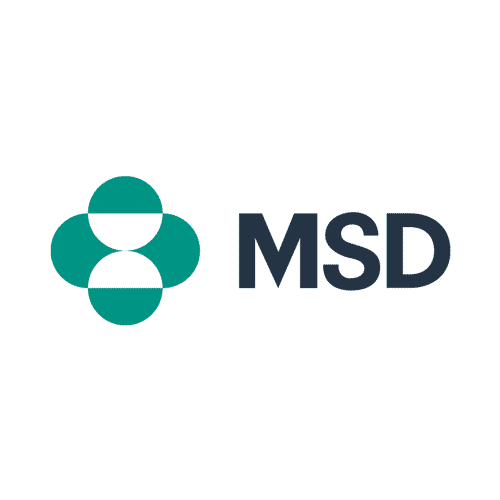
Data driven

Leverage the potential of data by integrating a data-driven approach into your projects
Our specialized team supports companies with their data-driven approaches, from data acquisition strategies including identification and collection of data, to data valorization through data mining, and the implementation of machine learning algorithms and data visualization.
They trust us










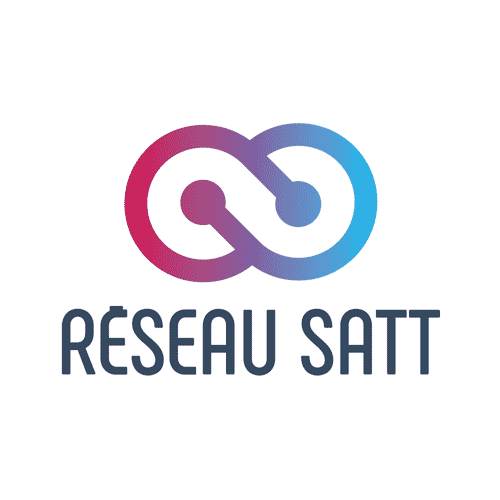
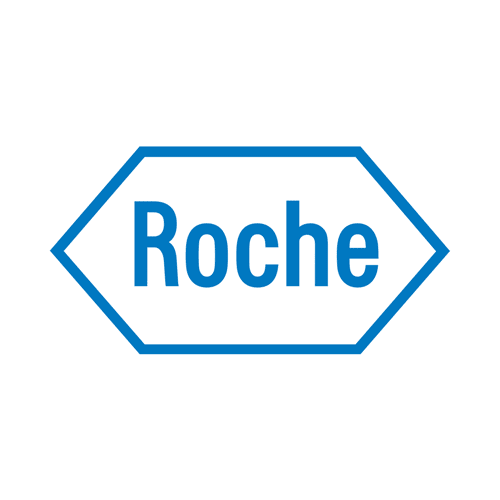


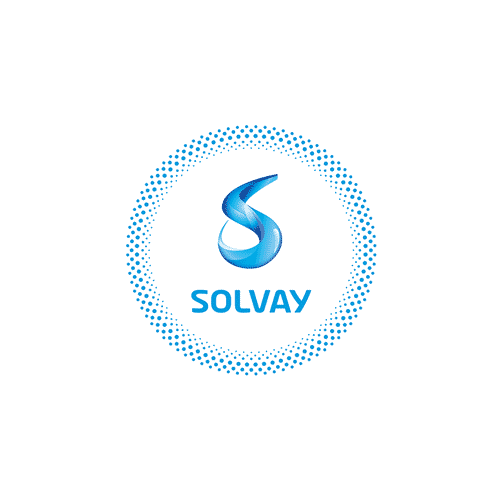
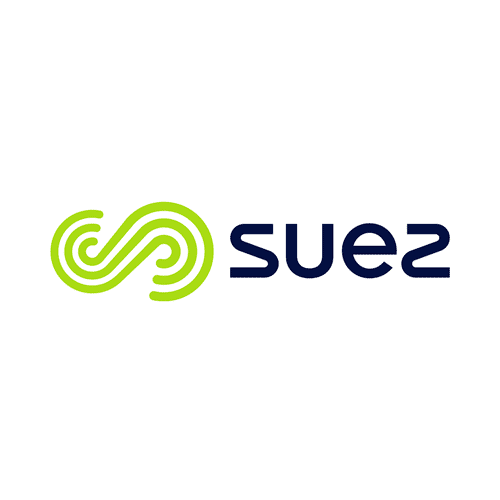

The challenges related to data driven approaches
Companies are generating, retrieving and storing more and more data. Data Driven approaches allow the implementation of decision-making methods based on this data.
Implementing a Data Driven strategy covers issues in change management to implement this strategy, as well as in operational execution:
The first challenge is to identify the relevant data on which the company wants to base its decision-making, whether it is about a specific project or an entire part of its activity. For example, the implementation of a Data Driven marketing strategy requires data on potential clients, with fine granularity, at a consumer level for instance, while the optimization of inventory management requires logistics data.
What is the critical data to consider depending on the decisions to be made? How could this data serve my business objectives?
This may involve capitalizing on data already generated, to be recovered internally or externally. Identifying internal data can be an issue when the organization is large, which is why companies tend to structure this digital resource as much as possible to make it visible and accessible. Specific projects may need to be implemented to generate the strategic data that will allow Data Driven decision making. External data sources are varied and their use may be subject to certain restrictions (restricted access with file preparation, cost, etc.) related to their holder and to the regulations in force in different countries, in particular in the case of personal data, especially for health data.
Where can the relevant data be found or how can it be generated? What are the steps to follow to retrieve the data and to be authorized to process it?
Depending on the project and the use of the identified data, it is important to adapt the form of the data collected to the project for which it was collected. For example, a one-off marketing campaign analysis project does not involve any specific issue in the storage or accessibility of data; local storage is sufficient. In contrast, the creation of an inventory prediction tool must fit into the incoming data flow so that the tool can measure risk in real time. The integration of data for real-time decision-making, most often at the operational level as in Industry 4.0, is linked to the concept of Smart Data.
What are the processes to put in place to make the most of the data?
When data is collected, stored and valued, a major challenge is to analyze it in order to extract the most relevant information or to create machine learning algorithms that will enable prediction, automation or in-depth analysis. Another challenge is to create relevant analytical frameworks, so that the recommendations are all the more impactful and that the models used are the most suitable.
What lessons can we learn from data? What risks or business opportunities can the data possessed make it possible to anticipate?
Finally, the integration of raw data, analyzed or modeled to carry out a Data Driven strategy, must be supported by the implementation of internal work processes and an acculturation of the teams to ensure the sustainability of the approach and continue to give meaning to decision-making.
How can teams become familiar with a data-based strategy? What change management processes should be followed?
How we support you in your projects related to data driven
For more than 25 years, Alcimed has supported its clients in their innovation and new business development projects. With the evolution of technologies and associated practices, data is now at the heart of business activities, and its intelligent use is becoming a necessity. In this context, the consideration of a Data Driven reflection is often essential regardless of the type of project we are working on with our clients.
Beyond placing data at the heart of our reflection and models in our projects, our team supports you in your specific Data Driven projects and in the implementation of your Data Driven strategy.
Depending on your project, your context and your challenges, we support you in particular in:
- The identification of your strategic data:
Our experience in our clients’ businesses and our ability to lead work meetings enable us to identify critical data to meet our clients’ business challenges and strategic imperatives. If this critical data is available, it must be recovered. However, if it does not exist yet, we can create solutions with our clients to generate such data, to gather it, and to find what to do to achieve the necessary objectives.
The identification of data sources and the collection strategy:
We support our clients in identifying sources of internal data and in retrieving such data internally. We define how this data can be used to provide answers to their questions. We also help clients handle external data by sharing our knowledge of open data, of the various databases available on the market, of the procedures to follow in order to access both public databases and databases that we use.
- Data analysis:
Our data scientists and consultants have the analytical and technological tools for analyzing our clients’ data, enabling the analysis of qualitative data and quantitative data.
- The implementation of machine learning algorithms:
Some missions for our clients require the implementation of prediction algorithms or in-depth analysis. Our data scientists develop machine learning algorithms coded specifically for each project, adapted and adjusted to the challenges of our clients.
- Ensuring your teams are familiar with data subjects:
We participate in developing the internal culture of our clients around the use of data through training, discussion, organization of seminars or workshops, as well as the co-construction of internal methods and processes with our clients’ teams.
What they say


"When I think of Alcimed, I think of a world map, where there are lots and lots of connection points. And in the center, there's Alcimed shining and making all those connections in a pretty simple way."
Patrick Palluel
Digital Product Transformation Lead


"There are three points I particularly appreciated when working with your consultants: the relevance of the teams, the structuring of the data and the commitment of the teams. Alcimed never gives up! "
Philippe Caillat
Marketing Director
Examples of recent projects carried out for our clients in data driven approaches
Redesigning the promotional model of a drug using a Data Driven analysis approach
One of our clients, a pharmaceutical industry leader, wanted to rethink the promotional model of a drug in its portfolio (which physicians to target, how often, through which channels) using a Data Driven approach.
The objective of our project was to find, through a quantitative analysis, the promotional model that would enable the best ROI, by optimizing the targeting of physicians and the promotional mix, all based on a mix of sales data, budget data, data on the promotion carried out and also targeting data from external sources.
As our quantitative analyses were limited (little data, sometimes poorly informed), we supplemented them with a qualitative analysis to find the ideal model enabling the best return on investment for our client.
Evaluation of digital solutions for real-life data collection for the creation of a new offer
We supported one of our clients, a leader in the healthcare sector, who wanted to explore the opportunity to diversify its activities through the integration and use of digital solutions for the generation and collection of real-life data (Real-World Evidence, RWE). For this project, our teams evaluated the different data capture technologies available on the market, their characteristics, their advantages and their limits, as well as the existing approaches for their use in France in RWE.
Following our analysis, we defined 4 approaches enabling our client to integrate and to set up these new selected digital data services and established an operational action plan to carry out pilot projects. In the end, a pilot was successful and our client was able to launch a new differentiating offer.
Determination of an indicator to measure customer engagement via a Data Driven approach
We developed a global customer engagement indicator for one of our clients. The objective of this indicator was to use all available customer data, particularly in terms of responses to communications, to manage activities: to understand what actions triggered customer engagement to make the best future decisions.
Our methodology consisted of two parts. The first part was to create a common definition of what “customer engagement” was for our client and to define the data available for the creation of this indicator.
This resulted in an external investigation (bibliographic research and interviews with key players) as well as an internal investigation via exchanges with the various stakeholders in the company. The second part consisted in retrieving this data to bring out, in real-time, the engagement indicator at different levels of granularity for our client.
Analysis of the regulatory context regarding the collection and the processing of sensitive data
One of our clients, an industrial player, wanted to set up a European project based on the collection of sensitive data in external databases.
After having carried out a first pilot which consisted in collecting data and setting up a machine learning algorithm in a European country, our client wanted to work its way through the regulatory context of the European Union and of several other European countries.
The objective of our project was to better understand how to implement the collection of sensitive data and its processing in these other countries in Europe. We therefore focused on the GDPR and national laws to provide a global vision of the regulatory environment and the different steps necessary to set up the project that our client wanted to implement.
Creation of an interactive monitoring platform on alcohol consumption for a top French wine association
Alcimed worked with a top French wine association to build their alcohol consumption monitoring platform to track and analyze the major trends on global, European, and national scales regarding the consumption of alcoholic beverages and societal indicators, with the objective to launch education and prevention initiatives.
To do so, our team first consolidated the global, European, and national data available on approximately 60 different alcohol consumption and societal indicators. We then analyzed and compared the data sets to build an optimal, sustainable data architecture within Power BI, followed by the design and configuration of relevant visualizations related to responsible consumption, to ensure an easy and effective interpretation of the insights (e.g., global alcohol consumption and sales evolution, French consumption frequency, etc.). In addition, our team built queries to clarify knowledge of alcoholic beverage consumption such as consumption rate, alcohol-related mortality, alcohol dependency rate, and more.
In the end, we developed for our client a one-stop monitoring platform, consolidating over 50 different data sources into a single interactive visualization tool, performing all operations end-to-end (data collection and consolidation, data transformation, data visualization in dashboards, and cross-query generation to identify correlations) to ultimately highlight the key takeaways, offering easy sharing of content, in any layout (presentation, print, and online access) facilitating the clients development of education and prevention initiatives aimed at the general public and professionals regarding health and prevention issues.
Building of a project management software to plan and optimize commercial launches for a leading pharmaceutical player
Alcimed worked with a top pharmaceutical client to develop a comprehensive process and project management product-specific tool to plan and prioritize actions at the right timing to efficiently launch multiple products on hematology in a short timeframe.
At first, our team defined a clear vision of what the tool should be, key parameters, required data, and future use cases, including format, information granularity, and outputs desired. We then proceeded to define a set of operational activities (e.g. segmentation and targeting strategy, environmental field campaign, product availability, etc.) for the launch of a product to be implemented in the tool. For each activity, all the relevant steps for the launch of the product, the process evolution criteria, and associated decision processes were characterized and implemented in the final version of the tool.
In the end, we built a product-specific project management tool to optimize the process of the launch of several products within a short period. The intuitive and easy-to-use tool provided a clear visualization of the potential bottlenecks, teams’ planning, and the different activities details (“to-do lists”), enabling our client to sequence and optimize their product launches.
You have a project?
To go further
Data - AI
Data use case #1: Decipher data to rethink the customer engagement model in dermatology
How can a better understanding of the evolution of medical demographics and healthcare demand allow pharmaceutical companies to adapt their customer engagement models?
Data - AI
Data Use Case #2: Deciphering the mechanisms of online information sharing in a therapeutic area
On social networks, who are the influential actors in a given pathology on a given theme? How is the online community organized on these topics? Discover how to analyze online data to answer more ...
Healthcare
What if the Health Data Hub was the secret to your future projects?
he irrefutable power of this platform resides in the value linked to the crossing of its various bases, which allows to imagine new projects, until now difficult to access. Today, the same data hub ...
Founded in 1993, Alcimed is an innovation and new business consulting firm, specializing in innovation driven sectors: life sciences (healthcare, biotech, agrifood), energy, environment, mobility, chemicals, materials, cosmetics, aeronautics, space and defence.
Our purpose? Helping both private and public decision-makers explore and develop their uncharted territories: new technologies, new offers, new geographies, possible futures, and new ways to innovate.
Located across eight offices around the world (France, Europe, Singapore and the United States), our team is made up of 220 highly-qualified, multicultural and passionate explorers, with a blended science/technology and business culture.
Our dream? To build a team of 1,000 explorers, to design tomorrow’s world hand in hand with our clients.
Data Driven refers to an approach to managing a project or a company through data, that generates an environment in which decisions are supported by data analyses or machine learning algorithms, promoting rational and efficient management.
A data-driven approach can have many benefits for a company since it consists of the meticulous analysis and interpretation of available data. The decisions made following a data-driven approach are therefore based on solid evidence that can lead to a better understanding of the market, its possible evolutions, clients’ needs, and internal processes, potentially resulting in cost savings, enhanced customer insights and experiences, competitive advantage, management efficiency, strategic agility, or an overall improvement in the organization’s processes and growth.
Data Science refers to all the algorithmic techniques associated with statistics that make it possible to select the right data, to analyze data, and even to create prediction algorithms (referred to as machine learning).

